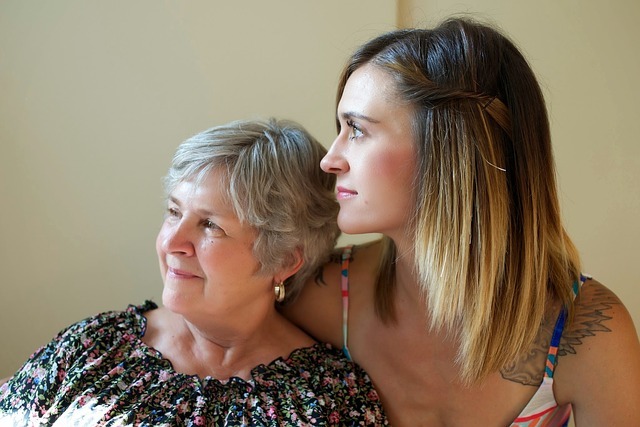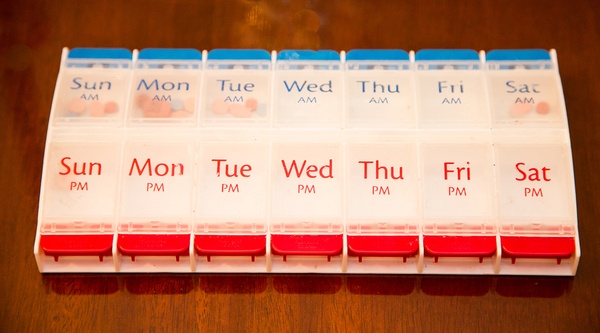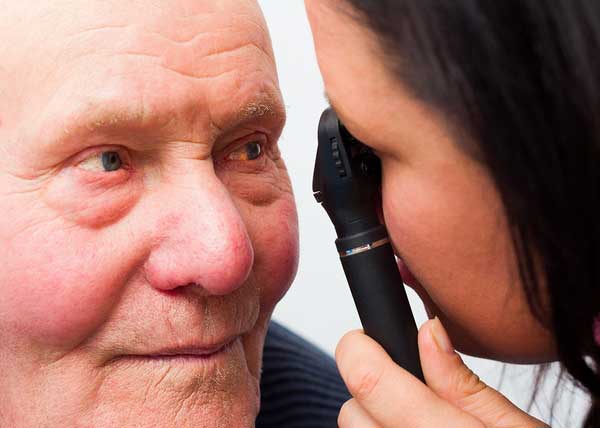Graham Jones is a Visiting Lecturer at the University of Buckingham and an Associate Lecturer at The Open University in the UK. Jones, B.Sc., B.A., Adv.Dip.Ed., MBPsS, M.Ed. M.Sc., is a qualified psychologist, the author of 32 books, and an award-winning writer and speaker, contributing regularly to a wide range of publications and speaking at conferences and events around the world.
Home care for seniors often involves a great deal of hard work for certain family members. Frequently, it is a daughter who has to cope with the most significant burden. Looking after an elderly mother or father can be stressful. Not only is there the additional physical demands that need to be met, but at-home senior care can create a psychological toll on family members. No one likes to see their mother or father become less capable and in need of support. After all, it is parents who care for their children, not the other way around.
Read More










